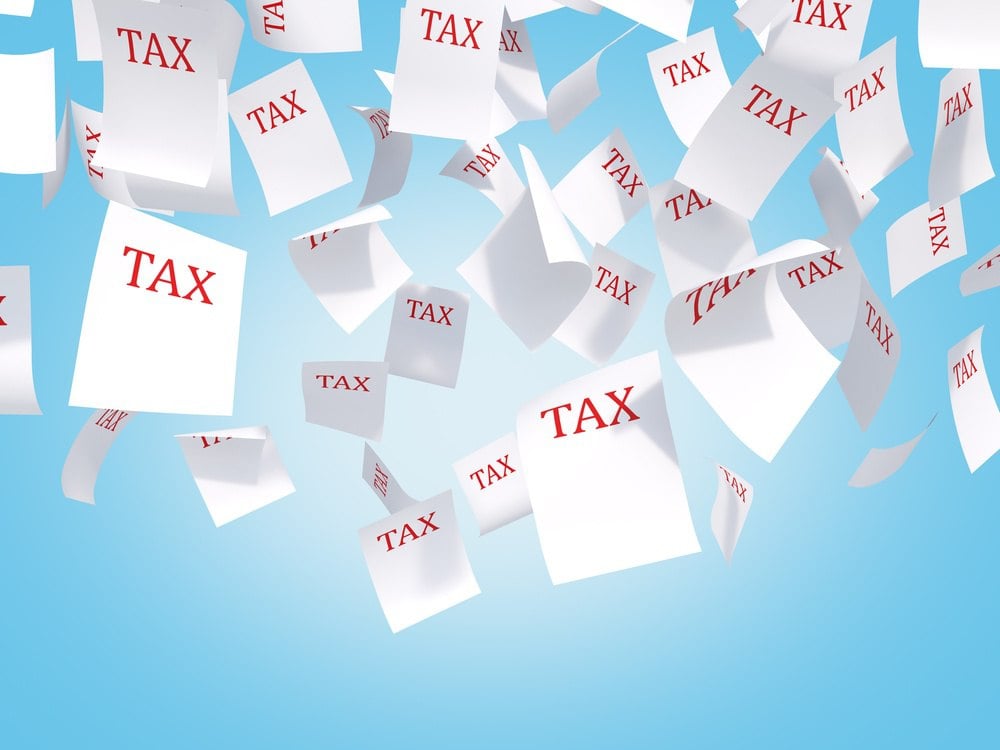California Use Tax Audits – Use Tax on Leases
In general, during California use tax audits, use tax will only be asserted against the lessor since it is difficult to determine from the lessee’s records whether the lease is a “sale” under the Sales and Use Tax Law. Therefore, a review of the lessor’s records will be made to determine if any tax liability exists. Whenever the audit of a lessee reveals that tax has not been collected by the lessor, and the auditor cannot determine that tax was properly due, an audit memorandum (Form BOE–1164) will be prepared and sent to the lessor’s district. During use tax audits, he auditor will not assert tax against the lessee. An exception to the above general policy is that tax may be assessed against the lessee if the lessor is located out-of-state, and the property being leased is not mobile transportation equipment (MTE). If tax is assessed, Form BOE–1164 will be sent to the lessor’s current district showing the amount of tax assessed and the applicable periods.










